Using 'Habits' to Manage and Motivate Hybrid Teams

Every successful team knows that adopting the right habits is vitally important. In Formula 1 racing, Mercedes have dominated in recent years, driven by a meticulous focus on helpful habits. The same is true for many of our high-achieving teams in recent Olympic Games: the rowers, the cyclists, the sailors, the gymnasts, the athletes and the majority of our Para-Olympians all rely on habits! So what are the gold, silver and bronze medal habits that teams should focus on, particularly as many of them start to move towards a hybrid working model? Dave Morris, Director at Zentano, explains what he means by 'habits' and how you can use them within your business to get the best out of your people.
What are habits?
The dictionary definition is “something that you do often and regularly, sometimes without knowing that you are doing it.”
Just think for a minute… when you put on your skirt, jeans, trousers or leggings I bet you always put the same leg in first. You are effectively operating on autopilot.
The science of habits is fascinating; habits have always underpinned human behaviour and they always will. Research suggests we spend around 50% of our time on autopilot, that’s a lot of habitual behaviour!
Why do habits matter?
Information scientists in America have quantified just how much information our brains are trying to cope with in our technology-driven, ever connected world. They estimate we now take in more than five times as much information every day as we did in 1986. That’s the equivalent of 174 newspapers. Do you have time to read that many newspapers!
The unconscious processing abilities of the human brain are estimated at roughly 11 million pieces of information per second. Compare that to the estimate for conscious processing: about 40 pieces per second. We simply need to operate on autopilot to function. Habits help us avoid paralysis by analysis!
There is just one snag. When on autopilot, our brains are happy to run with familiar patterns of behaviour but they don’t separate good habits from bad habits.
That requires some conscious thinking.
What are good team habits to focus on?
To help leaders understand this, Zentano have developed a framework called Connected Leadership ™. Connected Leadership ™ is underpinned by a variety of habits that relate to purpose, capability, relationships, productivity and most importantly to the mindset of the team.
Let’s consider these five areas using our Olympic analogy. As you read though these habits consider how effectively these are embedded in your team. Use a scale where 1 = we do this when we have time, through to 10 = we do this all the time (daily). When rating your team, think about the evidence that you can identify which points to the score you have chosen.
Purpose
Every team needs to understand why it exists, what direction it is going in and how to get to its end goal. This will likely be a dynamic process as the world around us changes and goals need to be reviewed and refined. A clear vision for the team gives people context and helps create motivation.
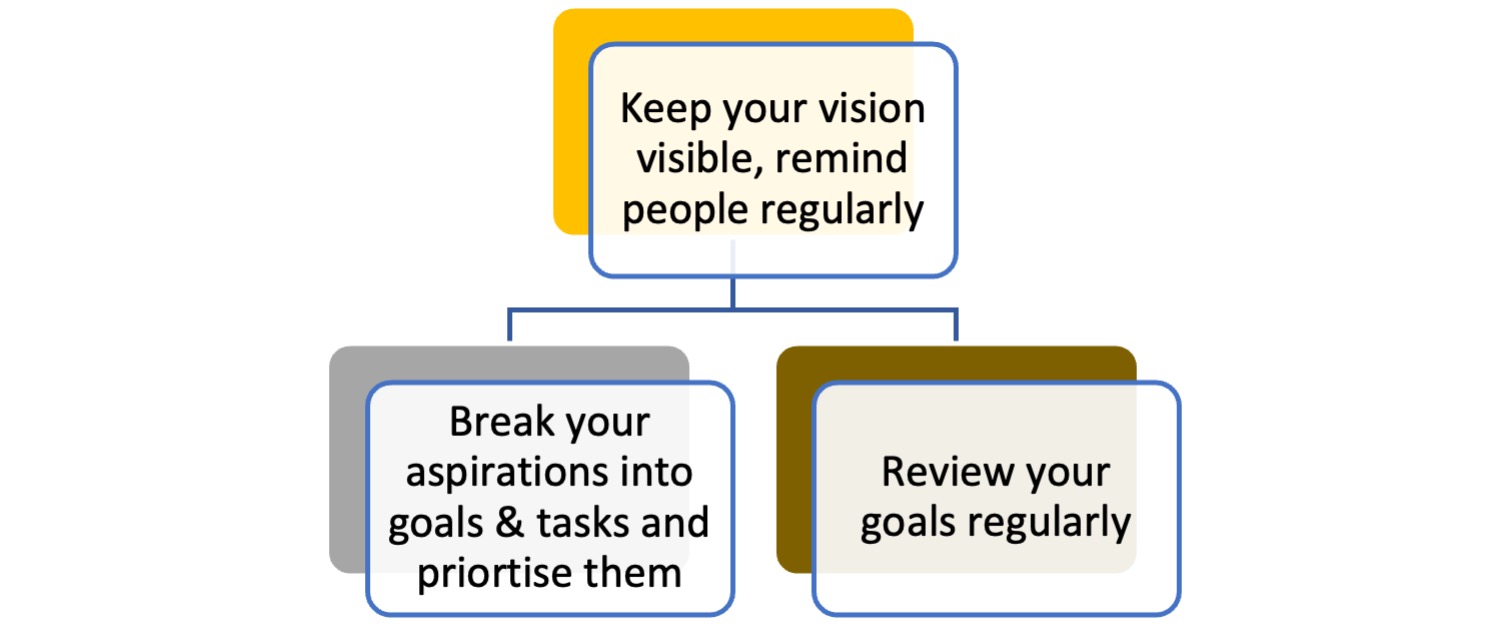
Capability
Strong team performance should be driven by a focus on continuous learning. The leader creates the environment for the team to be self-directed and motivated to build knowledge, practice skills and manage any mindset blockers.
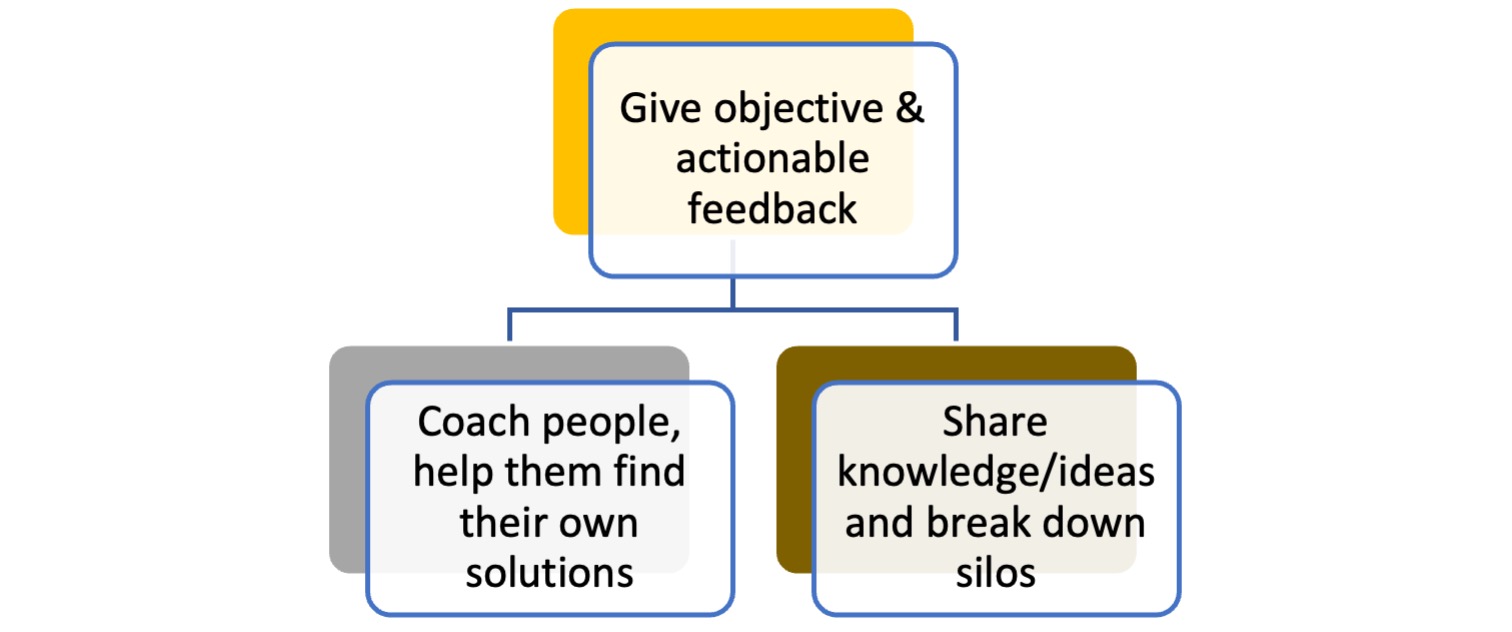
Relationships
It is often said it is not what you know, it’s who you know. How well do you know your team? The foundation for any team is trust. If trust genuinely exists people will avoid blame, be willing to admit mistakes and use them as a learning opportunity. You will notice that they can engage in healthy conflict around ideas and concepts, demonstrate commitment to the team, hold each other accountable and deliver results.
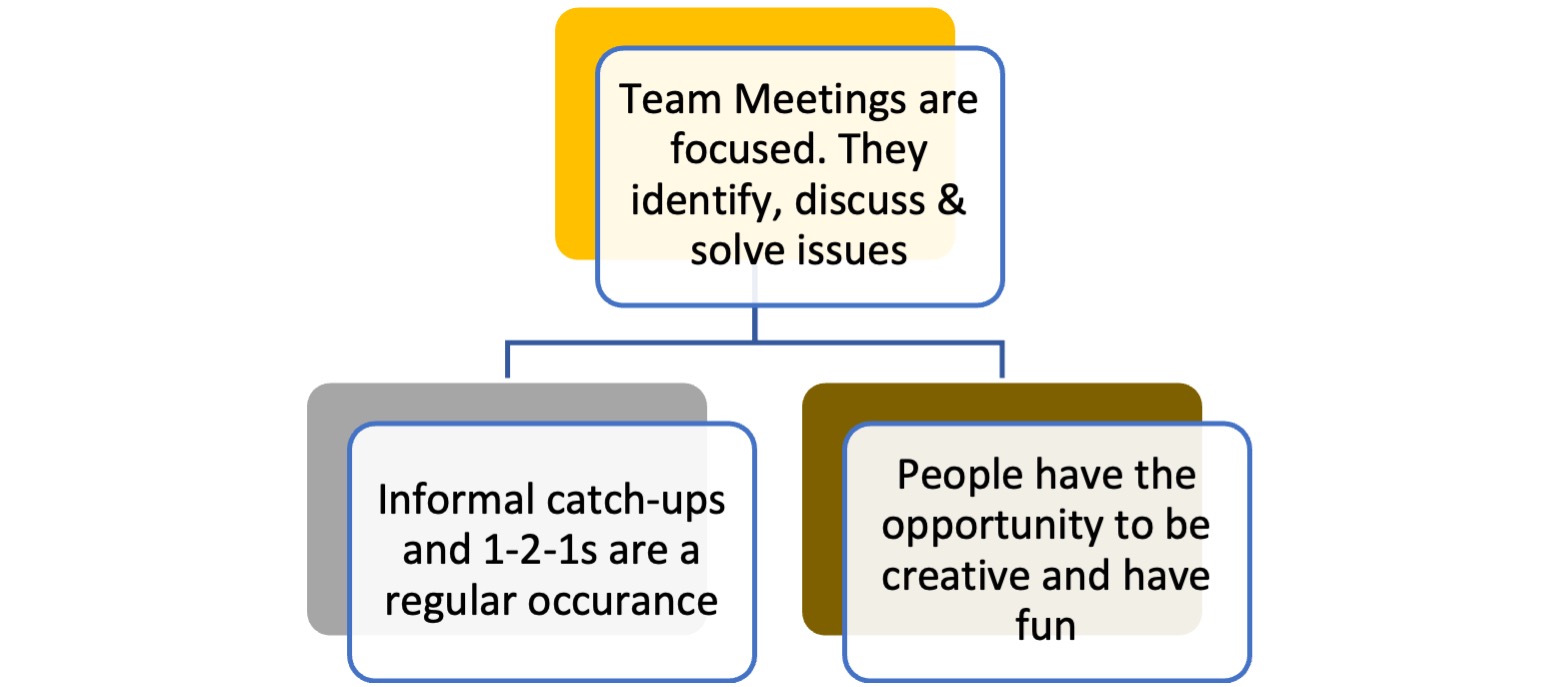
Productivity
Keeping customers happy with great products and services is the ultimate outcome for many businesses, although for some generating profit appears to be the be all and end all. There is however a growing trend towards creating purpose driven organisations that focus as much on what they give as what they get. This may mean we need to redefine what productivity means because it is likely to be more than just about tasks completed and money generated.
What will hold true though is that productive teams have clarity and focus. They operate in ways that encourage people to be their best and give their best as often as possible.
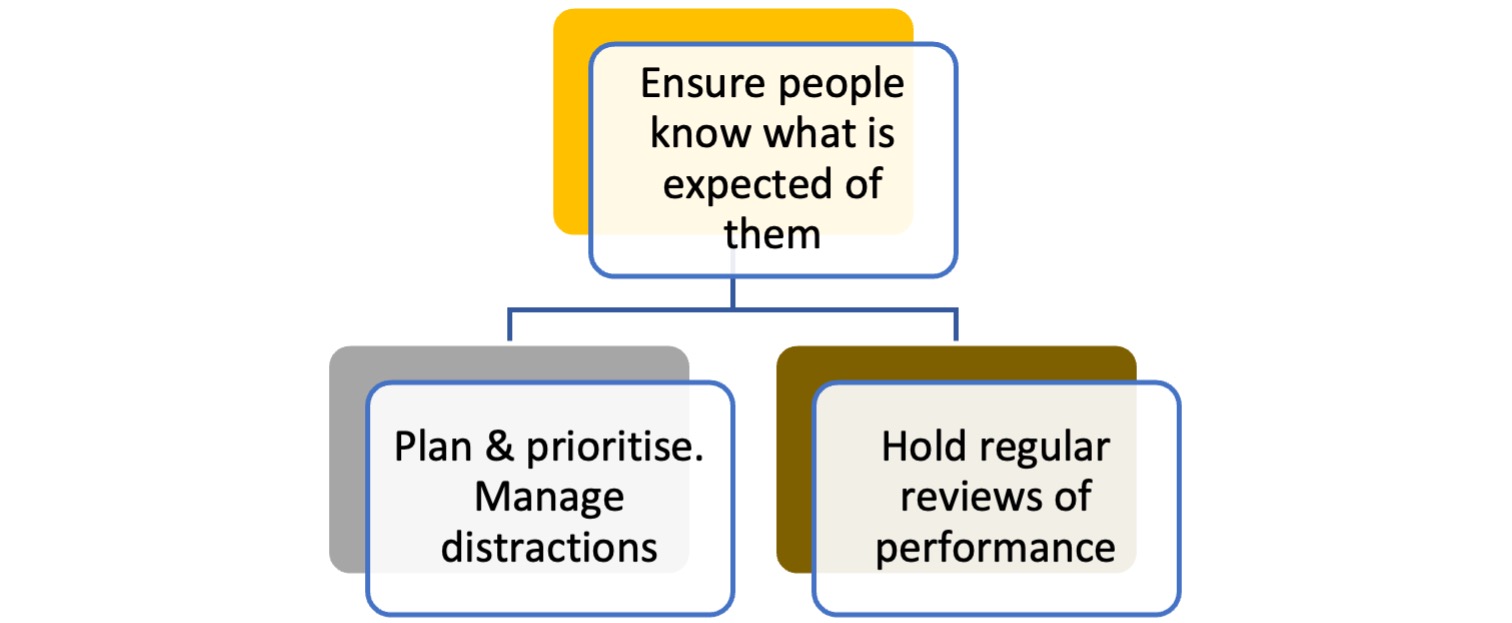
The Mindset of the Team
In much the same way as every individual’s behaviour is driven by a set of personal values, the same should apply to a team. Communicating your organisation's values in a clear way and relating them to expected behaviours will allow people to buy-in or opt out.
The team mindset mustn’t be one of “always on duty” (e.g., end-to-end meetings culture, 150 emails to read each day etc.) because it understands that people need recovery and reflection time. The team will have finite amounts of energy that it must treat like currency, spend it wisely!
The team mindset will be flexible and adaptive. It will understand its purpose and ground this in building a capability to deliver it. The team mindset will also understand the importance of relationships and balance this with the need to be productive. The leader sets the tone, the team makes it happen.
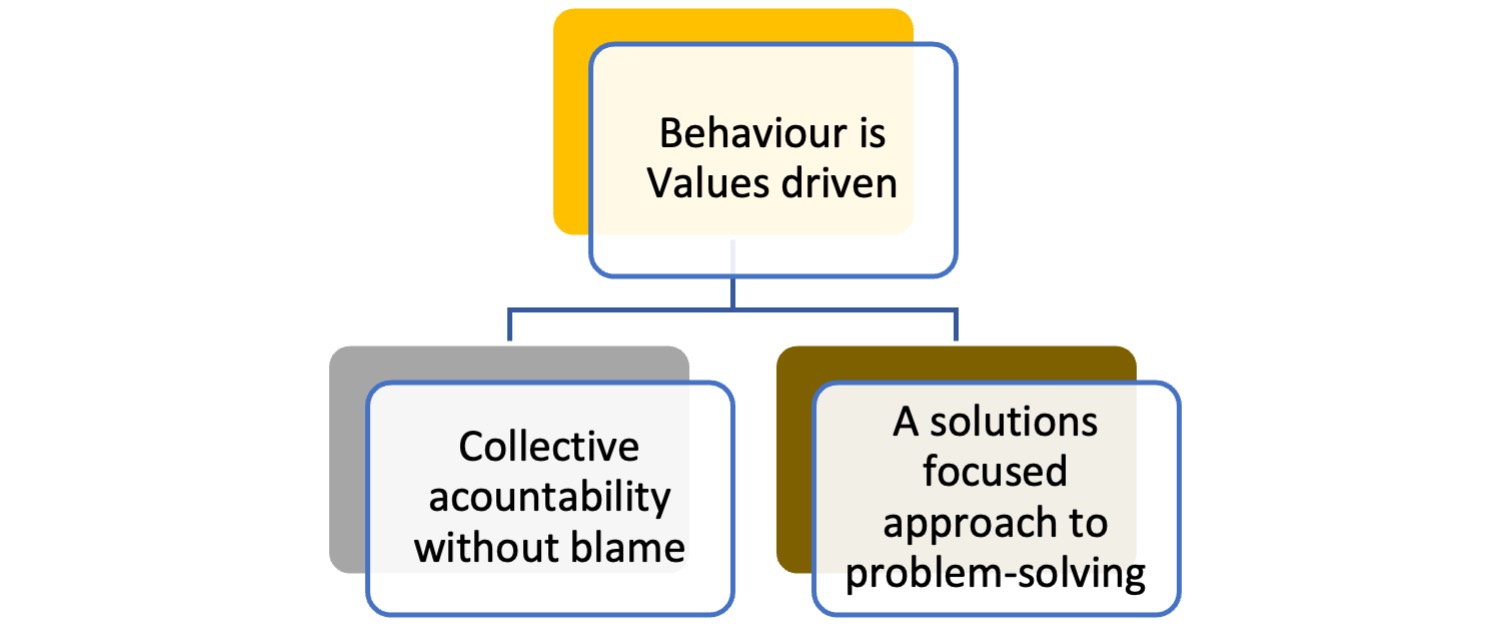
So, when you add up your scores, 5 areas of focus each with 3 habits, what did you score out of the 150 points available? Is your team of Olympic standard or still struggling in the local league?
We can’t change what we are not aware of. For teams to operate effectively, especially if they are hybrid teams, adopting the right habits is essential.
It is not realistic to change lots of habits all at once. What habit that you have read about here, would make the most impact if you adopted it? Maybe that’s a good staring point.
When trying to adopt new habits our motivation to persevere will ebb and flow. As the leader, help people manage this by creating the environment for good habits to be adopted and become the norm.
If you want to know more about how Connected Leadership ™ can work in your business, please contact Dave Morris or Rich Horton at Zentano. We would be delighted to explore how we can help and guide you.
About the Author
Dave Morris is a director of Zentano. In a previous life, Dave was Head of Professional Development for a national wealth management company. His passion for developing and coaching, as well as the influence of his Grandfather, Ronald Collette, lead to Dave founding Zentano and developing Connected Leadership ™ - the new way to lead in 2021 and beyond.
- LinkedIn: https://www.linkedin.com/in/davezentano/
- Email: dave@zentanogroup.com
